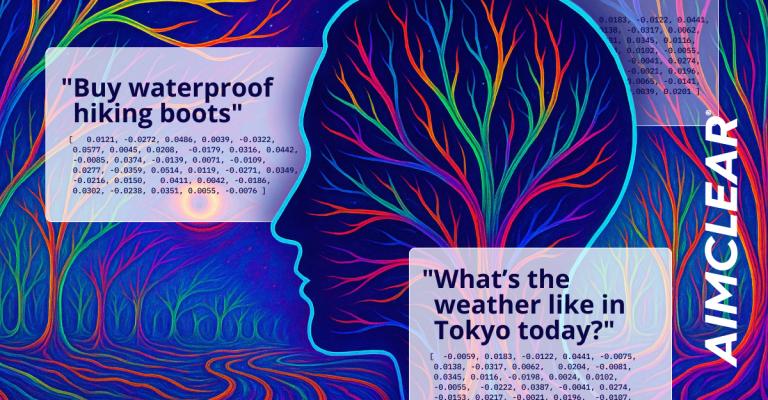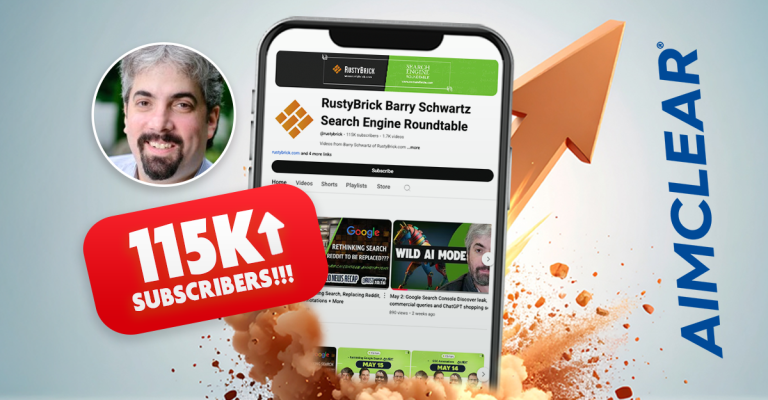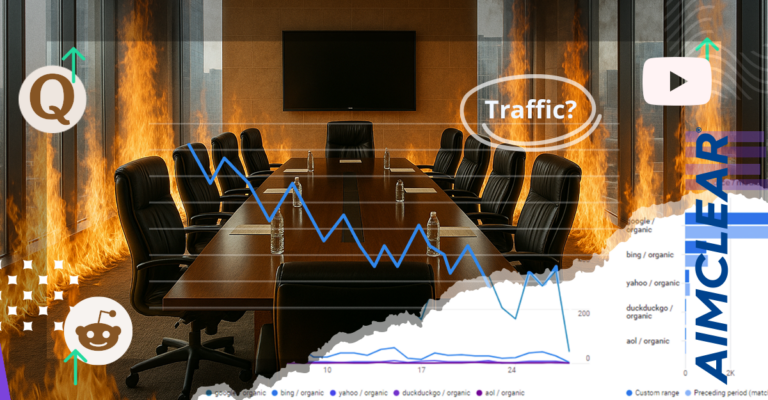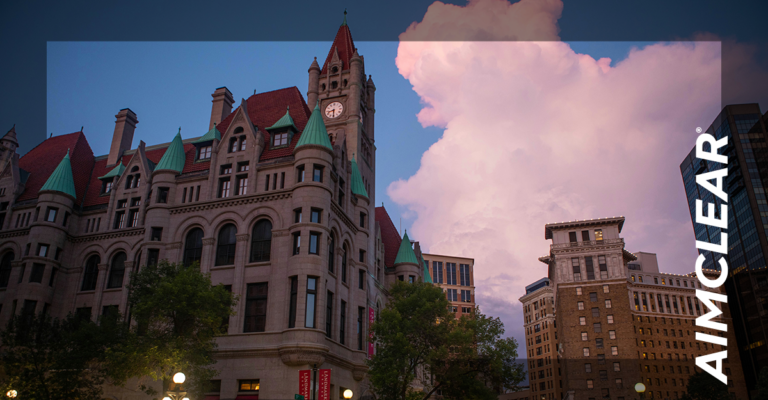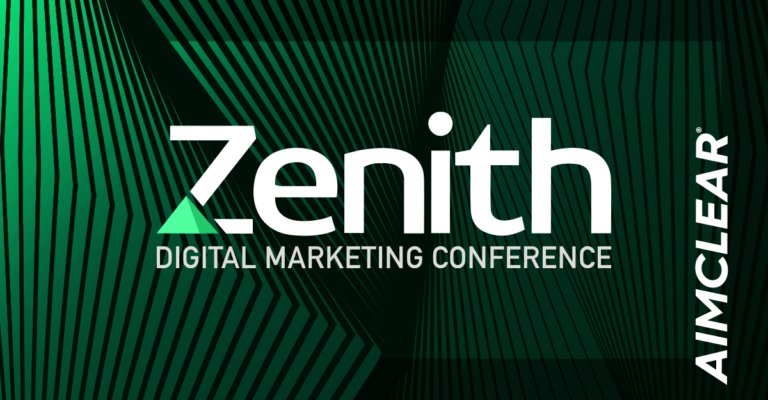
Discover the Power of Linking: Link Building Basics session at SES NY covered a great deal of ground in representing both Search Engine and Search Marketer viewpoints on the subject of links.
The second half of the session comprised of search marketers Kristjan Mar Hauksson, Debra Mastaler, and Peter Van der Graaf, which greatly contrasted the presentations given by the search engine reps.
Overall, it was light on the idealist link concepts, but full of real world applied link building tactics. This post picks up exactly where we left off in the first part of this session’s coverage.
Kicking off things on the search marketer side was Kristjan Mar Hauksson, director of search and managing partner at Nordic eMarketing. Kristjan’s presentation was about the basics of link building in a multilingual environment.
He asks, Why should I care about link exchanges/link building?
-It increases your traffic
-It improves search engine visibility through more link popularity
-Gives an extra resource to your website
-Higher ROI
Kristjan explains that searching for “Click Here” in Google retrieves Adobe Acrobat Reader as the #1 result because of the many sites that have Adobe links on”Click Here” anchor text when making sure users have the right plugin to display their content.
Now search for “leave here”. You may see that a Disney site ranks well; a joke within the porn site industry linking to Disney on anchor text like “If You are Younger Than 18, Leave Here”
Of course, you shouldn’t use “click here” as your anchor text. Don’t waste your linking efforts, instead Kristjan advocates creating your own “click here” strategy.
Your “Click Here” Strategy
What do you want your “click here” phrase to be – what do you want your optimal anchor text to be? Kristjan says you then use that in your link request anchor tags and use that in your description text.
Where to start then? For link building in a multilingual environment, organization is key. Kristjan suggested an extremely useful spreadsheet for this process, some fields it should include are Site/Candidate, Target Country/Site Language, Link Request Language, Contact Type – Email, Form, Phone, Contact Information, Site Page Rank, basically information that can help further narrow down to your optimal links for pursual.
Do some analysis and preparation on the front end of your process; use the keyword tool to advise your anchor text. For your targeted language, use the locally appropriate tool ex. German Google Keyword Tool etc. You can also use Freetranslation.com to get a feel for words. This can be sort of a dangerous suggestion, but it is often a good start for raw ideas.
The Concept of Region
Based on Christian’s own experience, there are 4 key elements in regards to local visibility
Language of your site is 35%
Language and type of links point to you 35%
Your ccTDL (country code top level domain) like .de for Germany 25%
Your hosting locations 5%
Kristjan then presented an example for attaining visibility in the UK:
Create a special UK landing page, then find sites with a co.uk ending that are relevant link candidates. You could use a search operator query like “add link” “guest house” site:co.uk.
Now here’s the hard part; Kristjan started with 4340 potential linking partners after running this tactic, but after weighing against his criteria, he only ended up with 56 potential sites. The best advice he can offer is to run this process again with different permutations, and take your time.
Kristjan says to not just throw out link requests, instead create a list where you have reviewed and weighted all candidates. Set your goals and research right from the beginning, and don’t shy away from doing a link request in a language you don’t know about. It’s all about being patient.
The next search marketer to take the stage was Debra Mastaler, president of Alliance Link and easily one of the most reputable authorities on linkbuilding.
Debra’s topic was very tactical, all about links from directories and how to attract links from the media.
Getting Links from the Media
Debra’s media fact: any time your site is mentioned in the media, it’s an implied endorsement and free advertising. The basic way to get this is to issue press release though they don’t generate many links by themselves. You can use either free services like PRLog.org or paid services like PRWeb.com and Businesswire.com.
One paid service that Debra likes is Marketwire because of their market penetration. Always watch out how much you pay for press release, make sure they’re only for a huge event or something special.
On the other hand, don’t overlook the “niche wire” services. Think about where your business is focused. There are communities for host of demographics & interests; chances are at least one will line up with your organization.
She stressed that you make sure you tell people in your press release you are willing to give interviews.
When you’re looking for journalists that would care about your company, there are a number of classic places you can find them. You need to start by performing a backlink analysis of your competitors; look at who’s written about them in the past, make a excel sheet to keep track.
By the same token, set up automated alert services to find these opportunities; Debra likes Trackle and Yotify, while wearing a decidedly healthy “tinfoil hat” when it comes to Google Alerts monitoring.
You can also use Twitter to find key journalists, the good ones should be tweeting about your industry right now anyways.
There are also media lists that can be a one stop shop, she uses CyberJournalist.net and BlogCatalog.
Engaging Journalists
Don’t be afraid to call journalists, you need to start getting on their radar by genuinely engaging them. Go ahead and comment on their blog, just don’t be stupid, actually lead meaningful discussion. Be sure and link to their blog, reference them by name in a post, ping them however you can think of so that they know who you are.
Links From Directories
Debra says that these days, most directories are crap. However, directories that are editorially sorted (read by humans) end up still being worthwhile. Dmoz, Yahoo Directory, and Splash Directory are all considered to still have good value. With these directories, you get 1 link for 1 site and that’s how it works. Even if your site has lots of diverse and worthy content.
Take note that there are good specific directories for each one of your content areas, so use multiple directories for different sections of your site. Also take a look at niche directories, they usually do not cost much or anything at all, tend to rank well, and they tend to pass popularity since they’ve been around so long.
Make absolutely sure that your page is indexed before you submit to a directory, otherwise you won’t receive the same value from the outset. Debra remarks that “Adsense is the scourge of the internet”. Having Adsense on your page will deter you from receiving directory listings. Don’t waste your time and money on directories that host more Adsense than actual listings; you shouldn’t have to compete against Adsense ads.
Coming back to the topic of media links, Debra reiterates that after build your own database of journalists and media people, do what it takes to get on their radar. Send them a fruit basket if you need to, just don’t annoy them.
Closing out the session was Peter Van Der Graaf, advanced search specialist at NetSociety. Peter explains that link building isn’t as trial and error as you might think. You may currently be saying to yourself, “Ive Got Linkable Content, Now What?” For this, Peter lays out logical approaches for each stage of the linkbuilding process.
Link Building Stage 1: Research
Ask who are my possible link partners, how can i categorize them, how can i approach them? Do this first for your own website and look at your naturalness and fullness of your linking profile. Then do the same for your competitors in the top ten search results.
Link Building Stage 2: Linkbait Creation
You already have great content, but don’t be afraid to advise new linkbait content based on research and topical relations to desired links. You should also think about content contribution with you linking partners; things like guest blogging or co-blogging.
In addition, you need have some sort of visitor reward or linking reward. You could send free samples for review or you could offer access to exclusive “must-see” information.
Link Building Stage 3: Distribution
It’s often best to establish some level of personalized contact with your link partners. The really important link partners should always be contacted by you personally. Success increases dramatically with personalization, Dear Webmaster < Hello, John < Hey, I’m a fan too!
People are used to spammy and impersonal link requests, don’t get lost in this bunch. Do granular research on your link partners; who are they and what do they like? Peter gives a short example:
“Hi Mike, It seems we’re both Yankees fans and I agree Girardi should be replaced blah blah blah” then smoothly transition to your link request.
Grades of Personalization
Very Important Link Partners – require specific link bait and personal contact
Important Partners – require personal contact
For the Masses – require less personalization overall
What is viral link building?
Peter gave us an entertaining case study where he had 1 week to rank for “world cup soccer” before it was actually slated to begin. How is this possible to do, to get 1000 links quickly without tripping off the search engines?
It’s simple; sites related to newsworthy events have this happen all the time; getting picked up in CNN can send you 1000 links easily and in a completely natural way.
What Peter did was create a story about football haters being fed up with the World Cup, and staged a live local event of college students against the World Cup. The story eventually got picked up all around, even on CNN international and they links followed of course.
This concluded the session, and overall I found it to be an interesting grab bag of “perfect world” linking idealism appropriate for a young SEO’s bed time story and the “quick and dirty” techniques search marketers do in back alleys to survive.
I hope Search Engine Strategies has more of these perspective-mesh sessions in the future, maybe with some extra room for speaker to speaker discussion/fist fighting.



